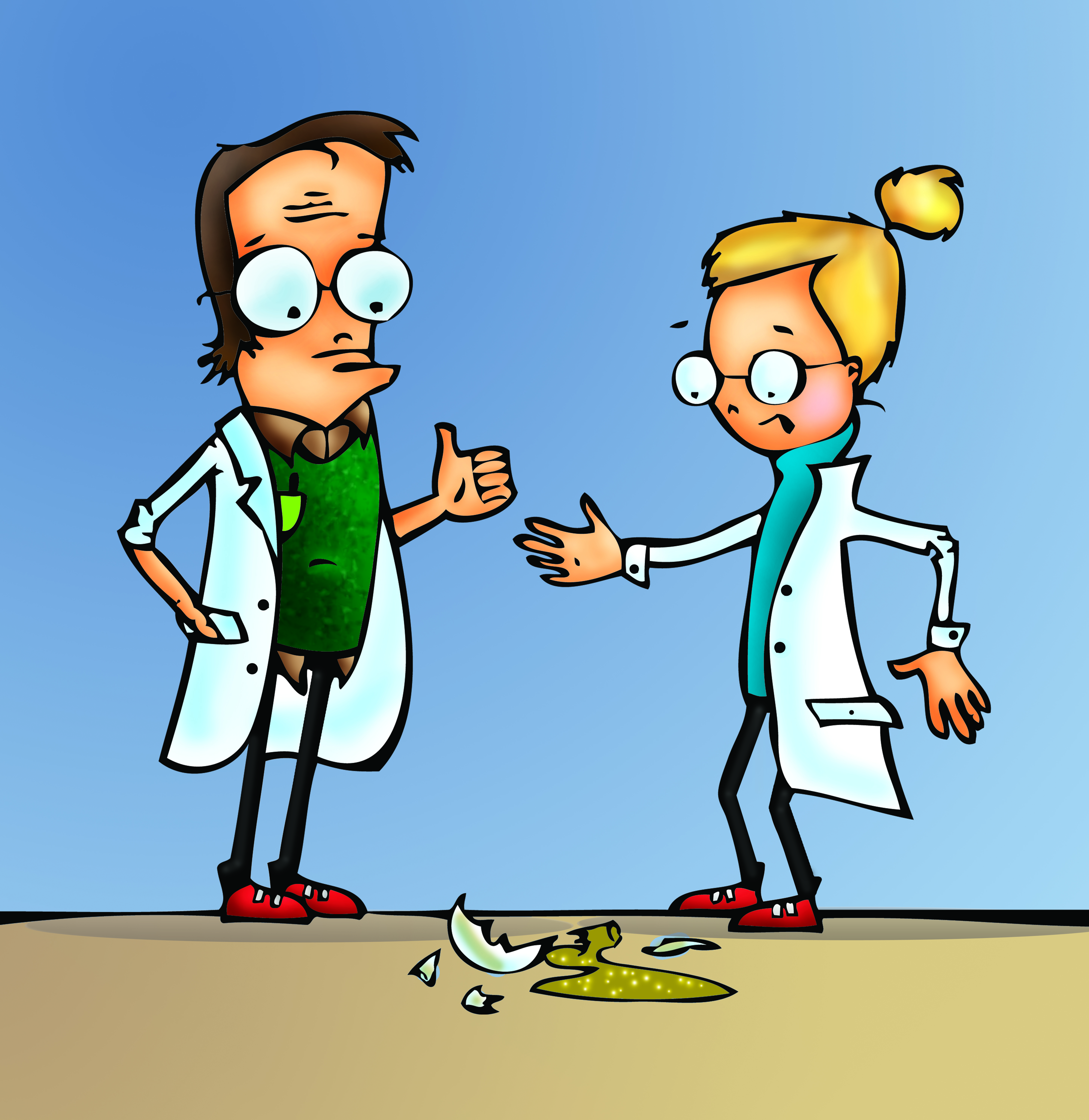For those interested in knowing what it feels like to work in a science lab, I will be penning a series of autobiographical reflections over the coming weeks under the “day in the life” column headline, where I will take you through various days of experiments experienced by yours truly.
I always wondered what it would feel like, what it would mean to perform scientific experiments in a real science lab. Let’s face it: as educational and as necessary as undergraduate labs are, they lack not only the authenticity, but also a certain je ne sais quois associated with what goes down behind the closed doors of our beloved professors’ labs.
For the past couple years, I’ve had the indescribable honour, privilege, and opportunity to work closely with a professor from the University of Manitoba and learn firsthand about the frustrations and hopeful successes that make up the days of a career in research.
The main difference between undergraduate labs and research labs is that in undergrad labs, mistakes don’t matter. Sure, you may get docked a couple of points from your lab report here and there, but if worse comes to worst, you can always “borrow” the results of a generous classmate and fit it into your report.
And let’s be honest here – everyone has experienced a failed experiment at least once in their undergraduate career (due to either the faults of themselves or others, or the experimental design in general). I remember organic chemistry labs, in which I’d generated negative yields for my samples; or biochemistry labs, in which I was unfortunate enough to have chosen a malfunctioning spectrophotometer to perform my experiment on, resulting in misleading data.
For undergrad labs, these “disasters” are not disasters at all. Borrow the correct sample results from friends, reference said results in a group lab report properly to demonstrate a basic understanding of the data and errors committed, hand in said report, and attain at least 90 per cent of the grade for a valiant effort (and correct error citation).
Every science student who has ever taken a course with a laboratory component and fouled up an experiment is familiar with the above “protocol”; salvaging whatever data remains from a flawed experiment and cobbling it together with results from lab mates.
It’s easy for undergrads to forget that this protocol does not fly in a real lab setting. In a formal research environment there is something far more at stake than simply getting a good grade. Great pains are taken; meticulous planning and preparation, as well as a disproportionate amount of time and energy are invested for precious little in the way of sound data.
So if an experiment doesn’t work out in a real lab for any number of reasons, guess what? You repeat it. And repeat it. And repeat it again. And when the experiment does work out? That’s right, repeat!
Over the next several issues of the Manitoban, I will be taking you on a personalized journey through the enlightening drama that I have experienced in undergraduate science research.



